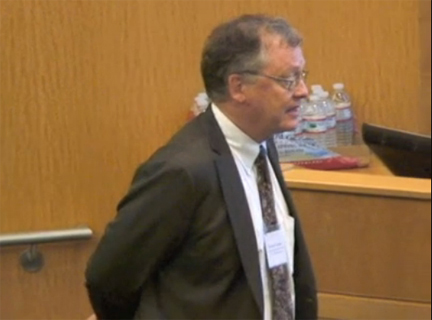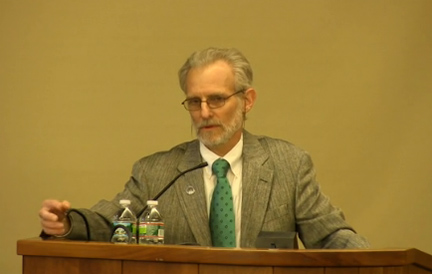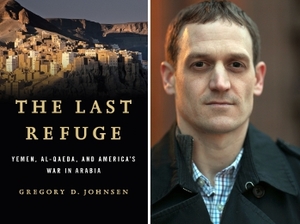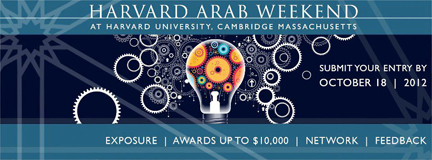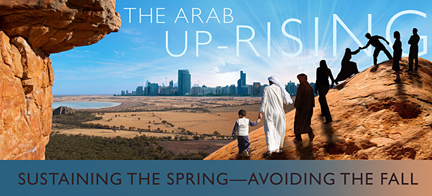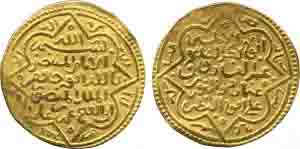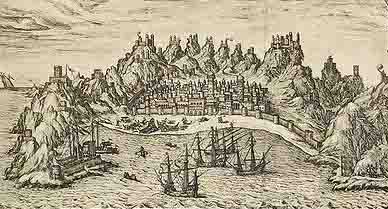
Sailing Seasons in the Red Sea and Indian Ocean:
The View from Rasulid (13th-14th Centuries) Aden
by Daniel Martin Varisco
[This is a lecture presented at the Red Sea Trade and Travel Study Day of the Society for Arabian Studies at the British Museum, October 5, 2002, and subsequently published in Yemen Update. For Part 1, click here; for Part 2, click here.]
Thursday, 15 Sha‘ban, 691, August 1, 1292
We are now but a day’s sail away from safe haven in Aden, if God wills and the wind does not cease to obey his commands. It has been a good journey thus far. No major storms or pirates, though we did see a shipwreck on the reefs south of the Farasan Islands. Our pilot, praise God, knows his way over the shoals, even if blindfolded, I think. In the morning we took aboard some fresh water at al-‘Ara, after coursing around the tip at Bab al-Mandab and leaving Bahr al-Qulzum. After my noon prayer, when the sun beat down so mercilessly and I was sorely tempted to jump into the water with all my clothes on, I suddenly remembered that this was the midpoint of Sha‘ban with only two weeks left until the holy fasting month. Today is the anniversary of the day the Prophet, peace be upon him, was instructed to make Mecca the qibla rather than Jerusalem. God willing, I will make the pilgrimage in the coming year. Even thinking of the well of Zamzam made the warm water in the fantash all the more sweeter.
As night fell, I remembered an earlier trip, when a tormenting monsoon tore our sail and nearly capsized the ship as we departed Zayla‘ for Bab al-Mandab. These were the ‘awasif winds, fouling us with the stench that only Iblis breaking wind could send. That turning point is a dangerous point. An old sailor on board, who has often traveled along the African coast from Mogadishu, told me that only ships like our jalba can make the passage safely; no boat with iron nails could sail past, for God, our Protector, has ordained a magnetic mountain to attract hand-wrought nails and split an intruding vessel asunder. But only the infidel Christians defy nature with such innovations. May God protect the holy cities from the ravenous appetites of crusader cannibals. Continue reading Travels with Ibn al-Mujabbir #3 →
